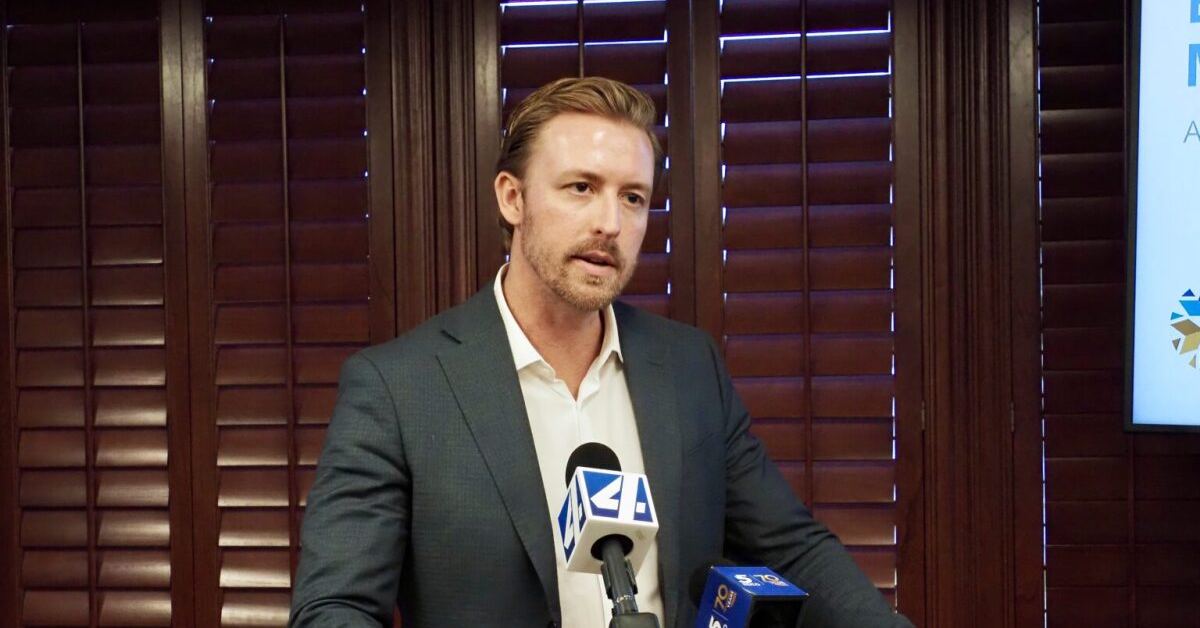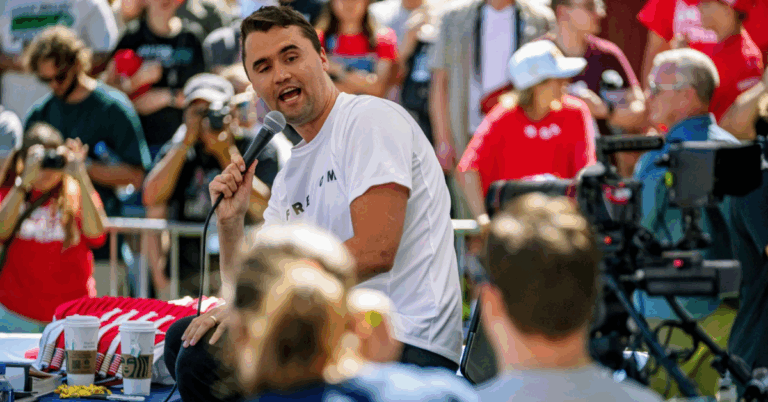
In Oklahoma, a new controversy is brewing as state officials seek to punish educators who openly criticize conservative activist Charlie Kirk. The move has ignited fierce debates about free speech and the role of educators in discussing political figures. Supporters of Kirk argue that these measures protect free expression, while critics warn of censorship and intimidating teachers.
This clash highlights the wider national discussion on how educators can address political topics in the classroom. With Charlie Kirk being a prominent and often polarizing figure, the situation in Oklahoma serves as a test case that could influence education policies across the United States.
What Is Happening in Oklahoma Schools?
Several Oklahoma leaders have proposed policies targeting teachers who voice negative opinions about Charlie Kirk, the founder of Turning Point USA. These policies aim to discipline or even remove educators seen as critical of Kirk’s views. According to The New York Times, the proposals could include formal investigations and restrictions on classroom discussions regarding Kirk.
Proponents of these measures believe that educators should not use their position to promote one political viewpoint or to attack a political figure in a way that might influence students unfairly. They argue this protects students from bias and ensures classrooms remain neutral spaces.
Supporters Highlight Free Speech Rights
On the other side, supporters of Charlie Kirk and the restrictions say they are standing up for free speech. They claim that the right to defend Kirk’s reputation and ideas is an essential part of free expression. According to Fox News, many backers say that punishing teachers for critical remarks would silence dissenting opinions and damage the democratic principle of open dialogue.
They also emphasize that students should hear all sides of a story, especially on political matters, so they can form their own opinions. From this perspective, protecting teachers who criticize Kirk is just as important as allowing supporters to speak freely.
The Broader Implications for Education
The situation in Oklahoma highlights growing tensions about politics in classrooms across the United States. Many educators find themselves walking a fine line between sharing information and influencing young minds. The Education Week reports that this is part of a larger trend where states introduce laws to regulate classroom speech.
For students, this can affect the way political discussions are handled, influencing their understanding of complex issues. While free speech is a foundational right, balancing it with fair and unbiased teaching remains challenging for schools.
What Does This Mean for Teachers and Students?
Teachers in Oklahoma now face uncertainty about what they can say regarding political figures such as Charlie Kirk. They must carefully navigate state rules while trying to encourage critical thinking among students. Many educators worry this could limit honest conversations and create fear of punishment.
Students, on the other hand, may receive narrower perspectives if teachers avoid controversial topics. This could diminish their ability to engage fully with diverse views, which is vital for their development as informed citizens.
Conclusion
The conflict in Oklahoma over punishing educators critical of Charlie Kirk reflects a broader struggle between free speech and educational boundaries. While some see these policies as protecting students, others warn they could suppress open dialogue and compromise honest education.
As the debate continues, it will be important for policymakers, educators, and communities to find a balance that respects free expression while maintaining fairness and respect in schools. The outcome in Oklahoma may set a precedent for how political speech is treated in classrooms nationwide.







